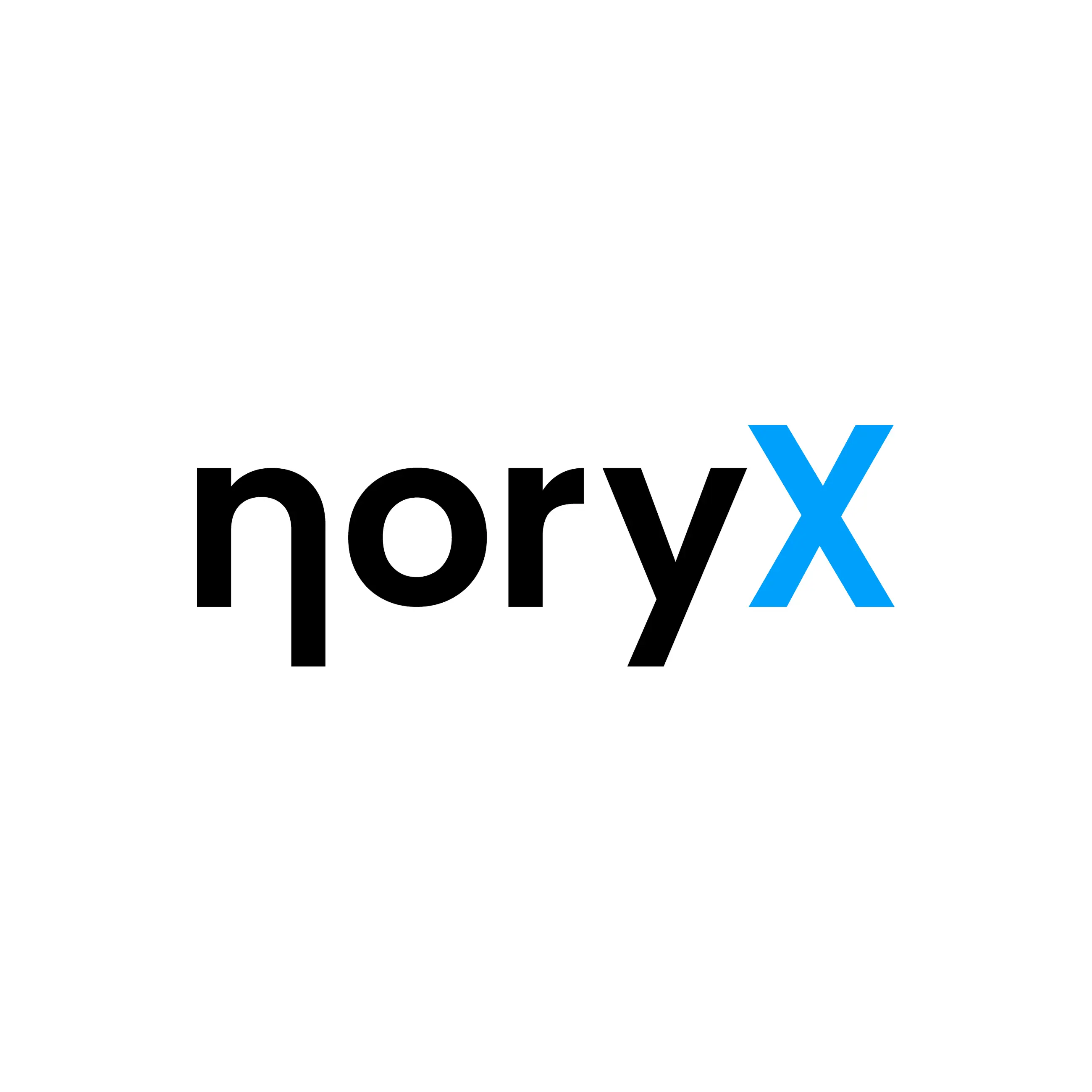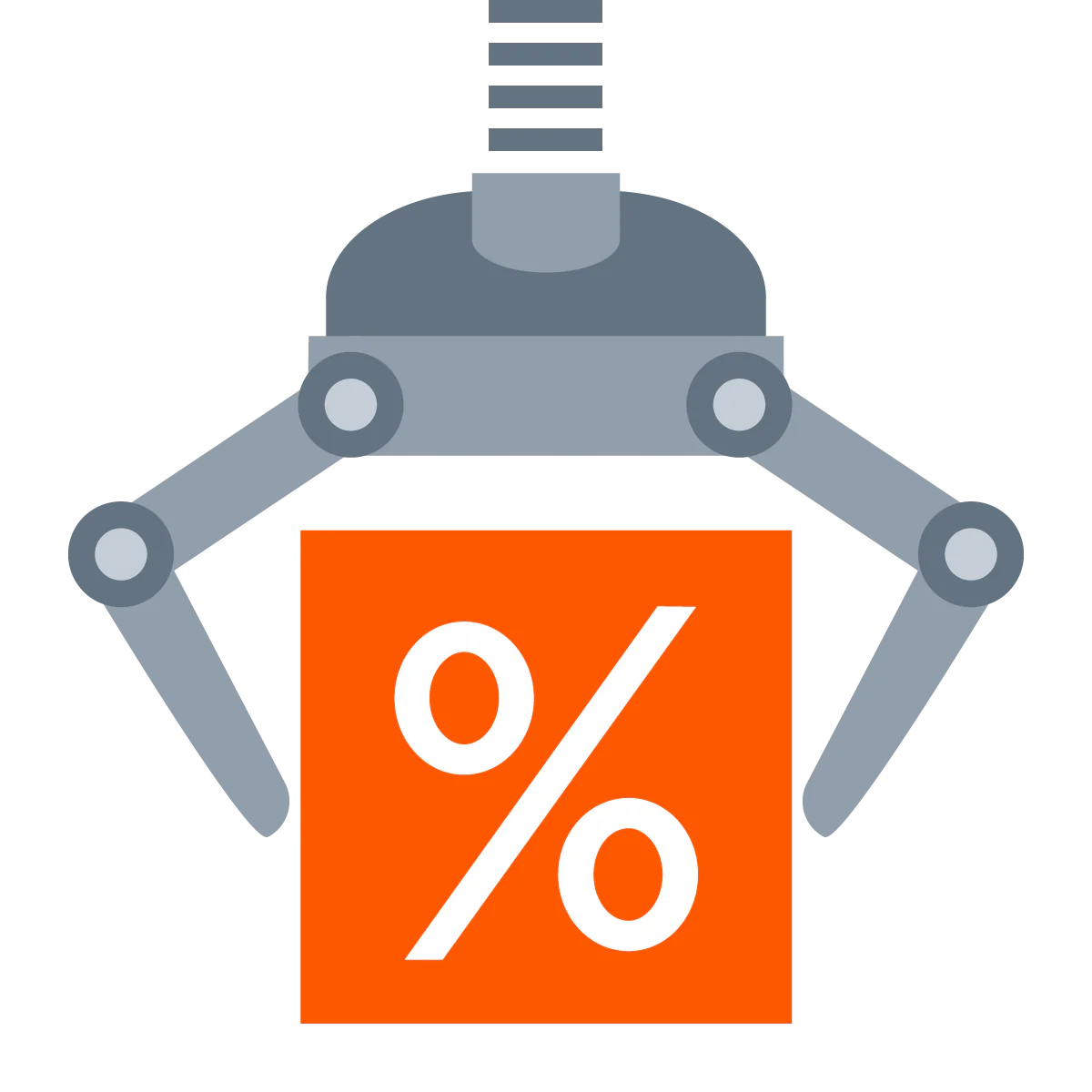Automation platforms and tools are indispensable for direct-to-consumer (DTC) brands seeking efficiency and scalability in their operations. These tools encompass a variety of functions, such as automating repetitive tasks, streamlining customer service processes, and enhancing marketing efforts. From chatbots handling customer inquiries to automated email marketing campaigns, these tools facilitate numerous aspects of a DTC business.
The value of automation in the DTC realm is profound. It allows brands to focus on growth and innovation by reducing the time and resources spent on routine tasks. Automation ensures consistency in customer interactions and marketing messages, while also providing valuable data for further optimization. This leads to improved customer experiences, more effective marketing strategies, and overall operational efficiency.
Key tools in this field include Zapier, renowned for its ability to connect and automate workflows across different applications, and HubSpot, offering a comprehensive suite of marketing, sales, and service automation features. Another essential tool is Klaviyo, which specializes in advanced email marketing automation, helping brands to tailor their communication based on customer behavior. By integrating these automation tools, DTC brands can streamline their operations, enhance customer engagement, and drive sustainable growth.
“If this then that” - if you want to reduce your overhead and work on the things that truly matter, you need some automations in your life. That’s what businesses like Alloy have built solutions around. Explore the range here.


noryX is an AI growth companion for D2C founders and small teams. It optimizes inventory and automates marketing, enabling teams to stay agile and focus on their core product. It delivers actionable growth strategies, predicts inventory needs to avoid stockouts and overstock, and automates SEO tasks like meta tags, alt text, and content creation—saving time and boosting performance.


Consio helps e-commerce teams convert more over the phone. Both inbound (prospects who call from the product page or checkout) and outbound (recovering abandoned carts, hot leads, VIPs). Launch targeted campaigns with a power dialer and voicemail drops, while our AI Agent immediately answers incoming calls, handles FAQs, qualifies leads, schedules appointments, and routes them to the right advisor with full context. Native Shopify & Klaviyo integrations make setup and attribution seamless, with impact tracked from call to sale.


SARAL is a simple influencer marketing platform for DTC brands. You can find untapped influencers, automate reach outs, ship free products, generate tracking links/codes, and do everything else from tracking performance to payments. Their mission is to be the world’s first “InfluencerOS” i.e. the one-stop-shop for all kinds of influencer campaigns. As of today, brands are running campaigns ranging from seeding, gifting, UGC, traditional paid deals, and ambassador programs.


Shopify is a commerce platform that allows anyone to set up an online store and sell their products. It's the go-to eCommerce platform for young direct-to-consumer brands. Its ease of use and setup is what's most attractive to merchants, but also the incredibly vast Shopify app store.


Zapier is an automation tool that connects thousands of apps, allowing users to create workflows that automate repetitive tasks without coding. It simplifies tasks like moving data between apps, sending notifications, and updating systems, helping businesses save time and streamline processes.

Notion is a versatile productivity application that combines note-taking, task management, databases, and collaborative tools into one platform. Users can create custom workspaces to organize projects, documents, and schedules. Notion's flexible interface allows for a variety of content types, from text and tables to multimedia integrations, making it ideal for both personal use and team environments. Its modular approach helps streamline workflows and centralize information, enhancing efficiency and collaboration.

We make affiliate programs simple by providing an all-in-one affiliate marketing platform designed to save time and reduce complexity. Auto-pay removes the burden of thinking about taxes between you and your affiliates, while our integration with customer accounts allows affiliates to register and sign in directly to your store.

Abra Promotions offers a dynamic pricing solution that automatically applies discounts throughout a customer’s shopping experience. This tool integrates with your store to manage promotions seamlessly across ads, emails, and social media, aiming to improve conversion rates by reducing cart abandonment through consistent discount visibility.

Firepush is a comprehensive marketing automation tool that integrates email, SMS, and push notifications to engage your customers. Create targeted campaigns, automate personalized messages, and track performance to increase conversions and customer loyalty. Streamline your marketing efforts and reach your audience effectively with Firepush.

Rubick AI is a cutting-edge platform designed to power the future of digital commerce. At its core, it leverages advanced Large Language Models (LLMs) and AI-driven automation to simplify and enrich product data, optimize pricing strategies, and streamline eCommerce operations. It empowers retailers, brands, and marketplaces to centralize product information, automate catalog management, and enhance digital shelf presence with speed and accuracy. Trusted by leading names in the industry, Rubick AI brings agility and intelligence to pre-purchase enablement, ensuring seamless experiences for both businesses and customers. From dynamic pricing to virtual try-on solutions, Rubick AI is at the forefront of AI-powered retail transformation.

WriteText.ai for Shopify – Now Updated to Version 2.1 WriteText.ai, developed by 1902 Software, is a powerful AI-driven solution designed to streamline content creation and improve SEO for Shopify platforms. It automates the production of vital content components like meta titles, meta descriptions, product and category descriptions, Open Graph text, and image alt text—eliminating content bottlenecks with full automation. Key features: - Category Text Generation: Produces SEO-friendly category descriptions that align seamlessly with the products within each category. - Product Text Generation: Generates SEO-optimized product descriptions, meta titles, meta descriptions, Open Graph text, and image alt text to boost visibility and customer engagement. - Keyword Optimization Pipeline: Automatically progresses content from less competitive keywords to high-traffic, competitive terms using a strategic targeting approach. - Keyword Cannibalization Report: Detects instances where multiple pages target the same keyword, helping prevent SEO conflicts. Includes a detailed list of affected keywords and direct links to impacted pages for quick resolution. - Localization: Identifies optimal keywords by analyzing competitors and cultural preferences in the local market. - Evolving Content: Automatically updates meta tags and product descriptions in response to changes in SEO rankings and strategy needs. - Readability Checks: Ensures generated content meets clarity and engagement standards by retrying content creation when necessary for improved product understanding. - Competitor Insights: Uses data-driven analysis of competitors to find keyword opportunities and enhance SEO strategies. - AI-Powered Image Analysis: Enriches product descriptions by analyzing product images and adapting content to relevant cultural contexts. - Multi-language Support and Market Localization: Produces localized content in over 25 languages, including automatic tone adaptation and language detection. Supported languages include Danish, Swedish, Norwegian, German, French, Portuguese, Spanish, Catalan, Dutch, Italian, English, Croatian, Czech, Estonian, Finnish, Hungarian, Indonesian, Latvian, Lithuanian, Malay, Polish, Romanian, Slovak, Slovenian, Swahili, Tagalog (Filipino), Turkish, Uzbek, and Vietnamese. - API Integration: Enables integration with proprietary platforms, ERPs, or PIMs, allowing data-driven content personalization—ideal for B2B ecommerce.

AiTrillion is an all-in-one Shopify marketing automation platform designed to unify email marketing, loyalty rewards, web push, product reviews, SMS, AI-powered segmentation, and more—helping D2C brands personalize at scale and boost customer engagement across every touchpoint.

ChatPro AI is a no-code platform that lets businesses build and deploy intelligent AI chatbots using existing content like websites, PDFs, and videos. Easily train agents, combine data sources, and customize branding—then deploy via widgets or links to automate support, boost engagement, and streamline operations.

This is the latest WriteText.ai listing for Magento, now updated to version 2.0. WriteText.ai, developed by 1902 Software, is an advanced AI-powered tool that simplifies content creation and enhances SEO for Magento. It automates the generation of essential content elements such as meta titles, meta descriptions, product descriptions, category descriptions, Open Graph text, and image alt text while addressing content bottlenecks with full automation.

Spocket is the leading dropshipping platform featuring high-quality products primarily from the US and Europe. It integrates seamlessly with Shopify, WooCommerce, and other major platforms. With fast shipping, full automation, and one-click product import, Spocket empowers entrepreneurs to launch and scale their online stores with ease and efficiency.

AliDrop is a powerful dropshipping tool that integrates with Shopify, WooCommerce, and BigCommerce, allowing you to import and sell products from AliExpress, Alibaba, and Temu in one click. It offers automated order fulfillment, branded invoicing, and fast shipping, making it easy for entrepreneurs to launch and scale their online stores.

ImageFlow is a tool designed exclusively for Shopify merchants to streamline the bulk uploading and management of product images. It allows users to import thousands of images from Google Drive or Dropbox, automatically matching them to products by SKU, barcode, or product title. Additionally, ImageFlow offers features like automatic image compression and alt text optimization to enhance site speed and SEO performance. Users can choose between a Basic plan, which is free to install and includes 50 free images with a $0.10 charge per additional image, and a Premium plan at $39 per month that offers unlimited image uploads and priority support.

GetResponse provides all-in-one marketing software that empowers marketers, solopreneurs, coaches, creators, and small business owners with affordable, easy-to-use tools for email marketing, marketing automation, and content monetization. With over 25 years of expertise, GetResponse goes beyond email with tools to help grow and engage audiences, create and sell courses, and turn ideas into income. It’s the go-to solution for building a personal brand, selling products and services, and fostering a loyal community.

Contentor's AI Lab for Translations is a tool for those who want to be able to determine different qualities of translations using AI. In this lab you can use both ChatGTP 4o mini and ChatGPT 4o. In addition, you can use our Lexi prompt for translations specifically for websites and e-commerce. Furthermore, a feature for comparing various Large Language Models (LLMs) and Machine Translation (MT) engines is provided. E-commerce teams will appreciate the ability to compare LLMs and MT engines, as well as the integrated file support, glossary features for consistent brand messaging, and custom prompts with Tone of Voice control. The lab is free to use up to certain volumes. If you need more help getting started, or have other language needs, contact us.

This is the latest release for WooCommerce: WriteText.ai, now in its upgraded version 2.0. Developed by 1902 Software, WriteText.ai is a cutting-edge AI-driven solution designed to streamline content creation while boosting SEO for WooCommerce. It automates essential content components like meta titles, descriptions, product descriptions, category descriptions, Open Graph text, and image alt text, eliminating content creation hurdles with full automation. Disclaimer: WriteText.ai operates independently as a WooCommerce-compatible tool, without any association or endorsement from WooCommerce.

At LionOBytes, we specialize in delivering cutting-edge software solutions designed to empower businesses. Our flagship product, LionO360, integrates CRM, ERP, inventory, and field service management into a seamless platform. Explore our CRM demo and CRM system demo to see how we streamline operations and drive growth. Discover our commitment to excellence and customer success at About Us.

Unique discount codes are a super smart way to keep customers coming back while avoiding the abuse of leaked discount codes. With our bulk discount code generator, you can create large sets of unique discount codes in Shopify in just a few clicks. Easily generate unlimited unique codes or provide specific ones yourself, then export your codes directly from the app to use in your preferred marketing channel. Don’t waste your time, let the robots do the work!

Seguno helps you get results from email marketing faster. Built exclusively for Shopify, create engaging emails, trigger automated sends, and track your success from one convenient place inside the platform you already know. With best practices baked in and your shop’s data instantly on hand, spend less time worrying about making mistakes and more time on what matters—growing your business... Now, with Back in Stock restock alerts!

PushOwl+Brevo integrates push notifications with Brevo’s email marketing tools to engage and re-engage your Shopify store’s customers. Send personalized push notifications and automated email campaigns to drive conversions and customer loyalty. Enhance your marketing strategy with PushOwl+Brevo’s seamless integration and effective communication tools.

QuickBooks is a comprehensive accounting software platform designed to help small and medium-sized businesses manage their financial operations, including bookkeeping, invoicing, expense tracking, payroll, and reporting. Its cloud-based and desktop solutions streamline financial workflows and automate core accounting tasks, enabling business owners to stay organized and focused on growth.

Cost-effective API for sending transactional and marketing emails. We deliver billions of emails annually, and 99,88% reach their destinations successfully. At UniOne, we work round-the-clock to provide our customers with friendly and responsive support for their excellent email delivery experience. Send emails flawlessly with our robust Web API, easy-to-go SMTP API, and ready-to-use integrations.

A specialized online service with a collection of cryptographic, blockchain, and cryptocurrency tools — ranging from encoding and hashing to profit and fee calculators. The platform is designed for developers, crypto enthusiasts, and business owners who need convenient utilities for calculations, data verification, and automation of routine operations.

Email & SMS Reporting Made Easy Automate comprehensive client reporting in minutes, not hours. Track all your client KPIs without having to switch between accounts. Present the metrics that matter most to your clients/stakeholders with customizable dashboards.

Notify Me is an all-in-one notification and conversion platform for Shopify merchants. We help stores capture and convert sales they would otherwise lose - whether it’s through Back in Stock alerts, Pre-orders, Wishlists, or Low Stock reminders. Unlike single-feature apps, we bundle these critical tools into one solution, fully integrated with email, SMS, and WhatsApp.

Joy automates subscriptions, creating subscribe and save widget, subscription box, bundles that increase customer retention. With Joy subscription app, you can manage every detail with ease (subscribers, bundles, and discounts). Offer your customers high-converting subscription widgets, quick checkout links with discounts and varied frequency, making subscribing irresistible. Customer portal provides full control over their subscriptions. Add frequently bought together widget to boost AOV.

NiceJob is an all-in-one reputation marketing platform designed for small and local businesses. It helps automate review generation, referrals, social proof, and website integration to build credibility and drive more sales. With support across home services, professional services, health & wellness, hospitality, and franchises, it aims to simplify growth through better customer feedback and digital presence.

Selzee is an AI virtual sales assistant built for online stores. It automates customer conversations, provides instant 24/7 support, and boosts sales with smart product recommendations. Designed for Shopify and other eCommerce platforms, Selzee helps brands increase conversions, optimize operations, and deliver personalized shopping experiences — all with AI that learns and improves continuously.